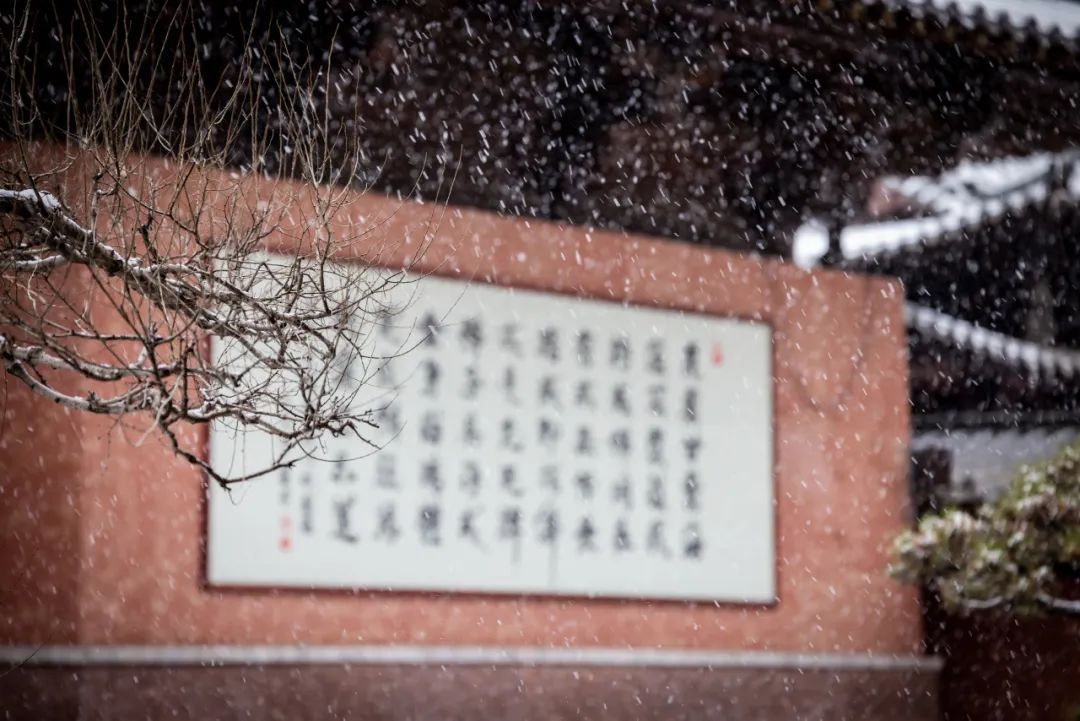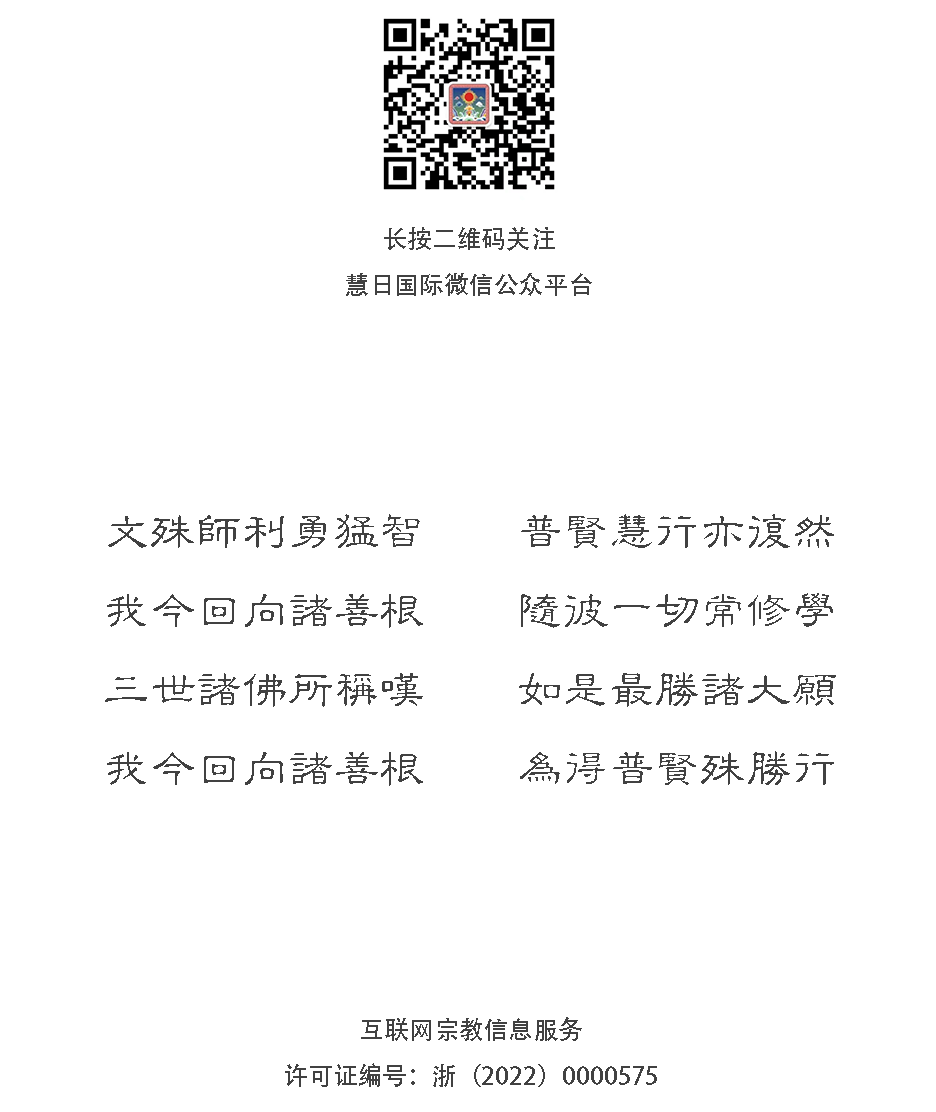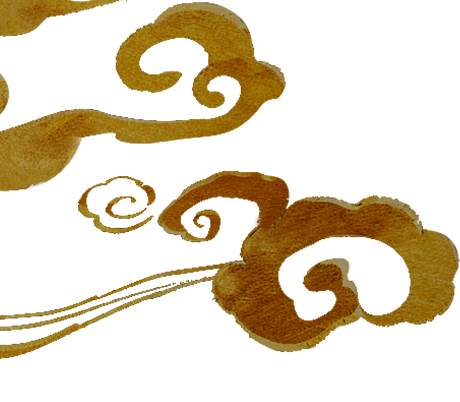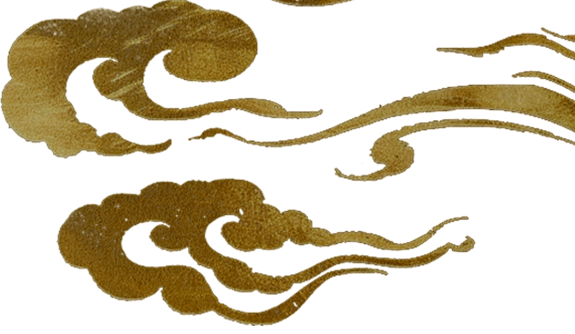腊月小年话修行
Reflecting on
the Path of
Spiritual Practice
during the
Little New Year
2025.01.22
点击音频播放
Imbuing Ordinary Days with Extraordinary Meaning
赋予平凡的日子 •不平凡的含义
NO.1
腊月二十三
小年

腊月二十三是小年,虽然只是一天,但这个看似平凡的日子,赋予了不平凡的含义,形成中华民族特有的传统文化。过了小年,就意味着开始进入春节的状态,这种期待与幸福,充满了回家过年人群的每一个细胞。
The twenty-third day of the twelfth lunar month marks the “Little New Year." Though it lasts but a single day, this seemingly ordinary moment holds extraordinary significance, embodying the unique cultural traditions of the Chinese people. With its arrival, the Little New Year heralds the transition into the festive atmosphere of the Spring Festival—a time brimming with joy and the eager anticipation of reunion, as if every fibre of one's being is attuned to the prospect of the journey home for the celebration.
来慧日寺过年,不为满足我们的物质生活,更不是为了精神的虚荣。慧日寺是道场,告诉我们时间是虚幻的、空间是虚幻的;慧日寺更是一个平台,通过这个平台让大家把身心静下来,自己不打扰自己,好好念经,跟佛在一起。
To celebrate the New Year at Huiri Temple is not to indulge in material comforts or to seek spiritual vanity. Huiri Temple is a sacred place that reminds us of the illusory nature of time and space. It is also a platform—a space to quiet the mind and body, to cease self-disruption, to chant the scriptures wholeheartedly, and to be present in the moment, dwelling in the presence of the Buddha.


腊月二十三
2025.01
NO.2
俞净意公遇灶神
•真心忏悔改命运
• 真心忏悔改命运
Yu Jingyi Encounters the Kitchen God: True Repentance Transforms Fate
过小年了,灶王爷要上天言好事,他会怎么言呢?《俞净意公遇灶神记》,这个故事大家一定要看。每到小年,俞净意公都要写黄裱纸“上天言好事”。他因为生活不济,心有所怨,后来每次写黄裱纸内容就是:我这辈子如何如何,做了多少好事,但还是命运坎坷,希望上天有眼,能改变我的命运。
As the Little New Year approaches, the Kitchen God ascends to the heavens to report on earthly affairs and the deeds of the year. How would he portray them? The tale of Yu Jingyi Encounters the Kitchen God is one everyone should read. Every Little New Year, Yu Jingyi would inscribe his petitions on yellow paper, beseeching the heavens to alter his fate. His words often reflected frustration: despite his many good deeds, his life remained fraught with hardship. His pleas recounted how he had lived and how many good deeds he had done, imploring the heavens to change his destiny.
因俞净意公做的是善事,是追随圣贤的。但由于怨天尤人,灶王爷便现身出来点化他,指出他的心口不一。于是一条一条,他开始慢慢反省、忏悔,命运马上转变了。后来他直接把名字改成“俞净意”,自己给自己净化,念念成净。
Although Yu Jingyi’s actions were virtuous and aligned with the teachings of sages, he held resentment toward fate and felt self-pity. The Kitchen God manifested to enlighten him, pointing out the dissonance between his thoughts and actions. Slowly, this revelation spurred Yu to reflect deeply, repent, and, as a result his fate began to transform. He then changed his name to Yu Jingyi — “Yu of Pure Intent” — and dedicated himself to purifying his mind, focusing on cleansing each thought.
Focusing on cleansing each thought

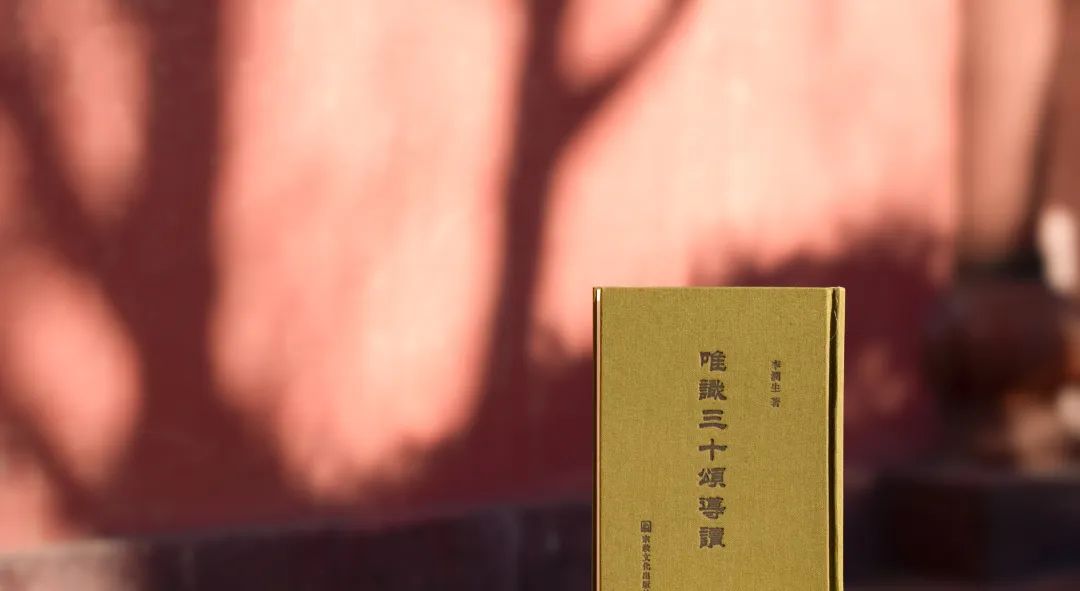
NO.3
念念成净 • 如如不动
Purifying the Mind: Remaining Still Like the Buddha
对社会上很多人来说,天最大。诸天神在普通人的心里,是主宰我们人间命运的神灵。但是作为修行者来说,知道人间的业力是业力、天人的福报和力量同样也是业力,他的力量很强,但并不会轻易地干预人们。希望我们佛弟子赶紧觉悟,心越来越强大,觉悟到如如不动的佛性。再以如如不动的佛性经受来自人类业力的冲刷,喜怒哀乐不动于声色、不动心、甚至逆来顺受,经受住种种考验。作为一个想要了生脱死的修行人,就是要置身于这种状态。
从佛法的角度来说,在五浊恶世,我们没有生来即为圣贤,能像孔夫子那样越来越自我要求、自我反省、自我改正,最后不逾矩的很少见。我们要常常反省,“仰止唯佛陀”,以佛的高标准来要求自己,通过戒、定、慧来净化身口意,自我净化。
上下滑动
For many, the heavens are regarded as supreme, and celestial deities are seen as arbiters of human destiny. However, for practitioners on the Buddhist path, it is understood that human karma remains karma, and the blessings and power of celestial beings are similarly rooted in karma. Though their strength is great, it seldom manifests as direct intervention in human affairs.
It is hoped that we, as followers of the Buddha, will quickly awaken, strengthening our hearts and realising the immutable Buddha-nature within. By embodying this unwavering Buddha-nature, we can withstand the forces of human karma — whether in joy, anger, sorrow, or external provocations — remaining unaffected by external events, enduring adversity by practicing patience, equanimity, and forbearance. As practitioners seeking liberation from the cycle of birth and death, this is the state that must be cultivated.
From the perspective of the Dharma, we dwell in a world marred by the Five Impurities. Few are born as sages or saints. Few can emulate Confucius, who continually examined, corrected, and refined himself until he reached a state of perfect discipline. We must regularly reflect on our own actions, guided by the Buddha’s high standards. By cultivating morality, concentration, and wisdom, we purify our body, speech, and mind, engaging in a process of continual self-purification.

团团圆圆
NO.4
轮回的终结者
The
Ender
of
Samsara

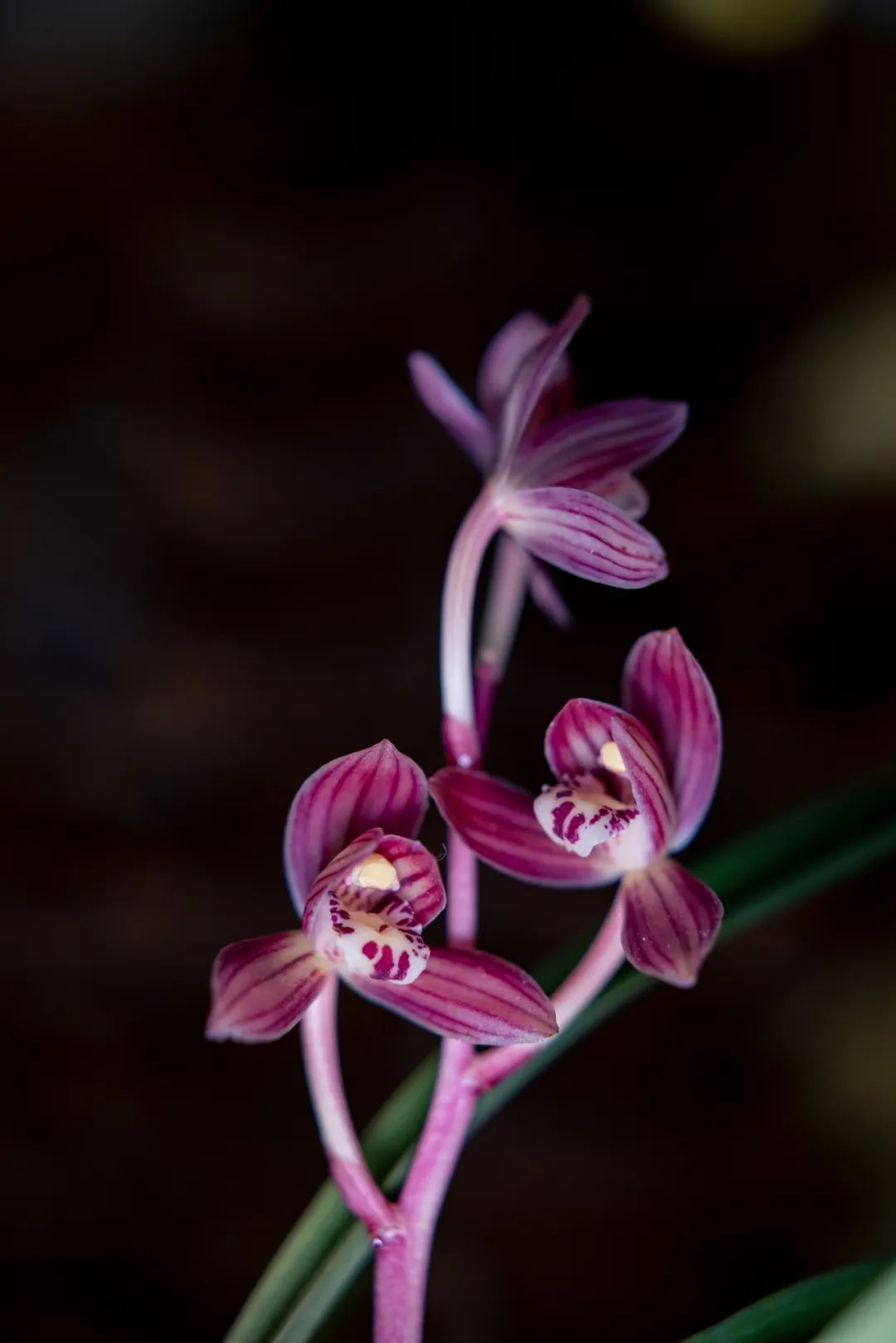
皈依“道”
生命与“道”相应

这个世间的业流充满了漩涡、充满了汹涌的波涛。要从里面跳出来,真要下一番苦功。现在科学界关于虫洞的概念和理论都有了,但是想要制造一个虫洞机器,穿越不同的时间和空间,还是做不到的。
如果一个人知道修行,并按照佛教的方法修行,皈依“道”,生命与“道”相应,三昧现前了,那你走到哪儿,你就是轮回的“终结者”。
一方面这个世界业浪滔天,另一方面,这个世界到处有诸佛菩萨,他们愈加悲悯苦海中头出头没的众生。佛教还能在这个世界存在,这就是诸佛菩萨的悲悯留在人间的一个印迹,是我们人类的福报。
我们要广集福慧资粮,知道业因果报真实不虚,积极地制造善因善缘,忏悔业障,积因感果,修正自身。
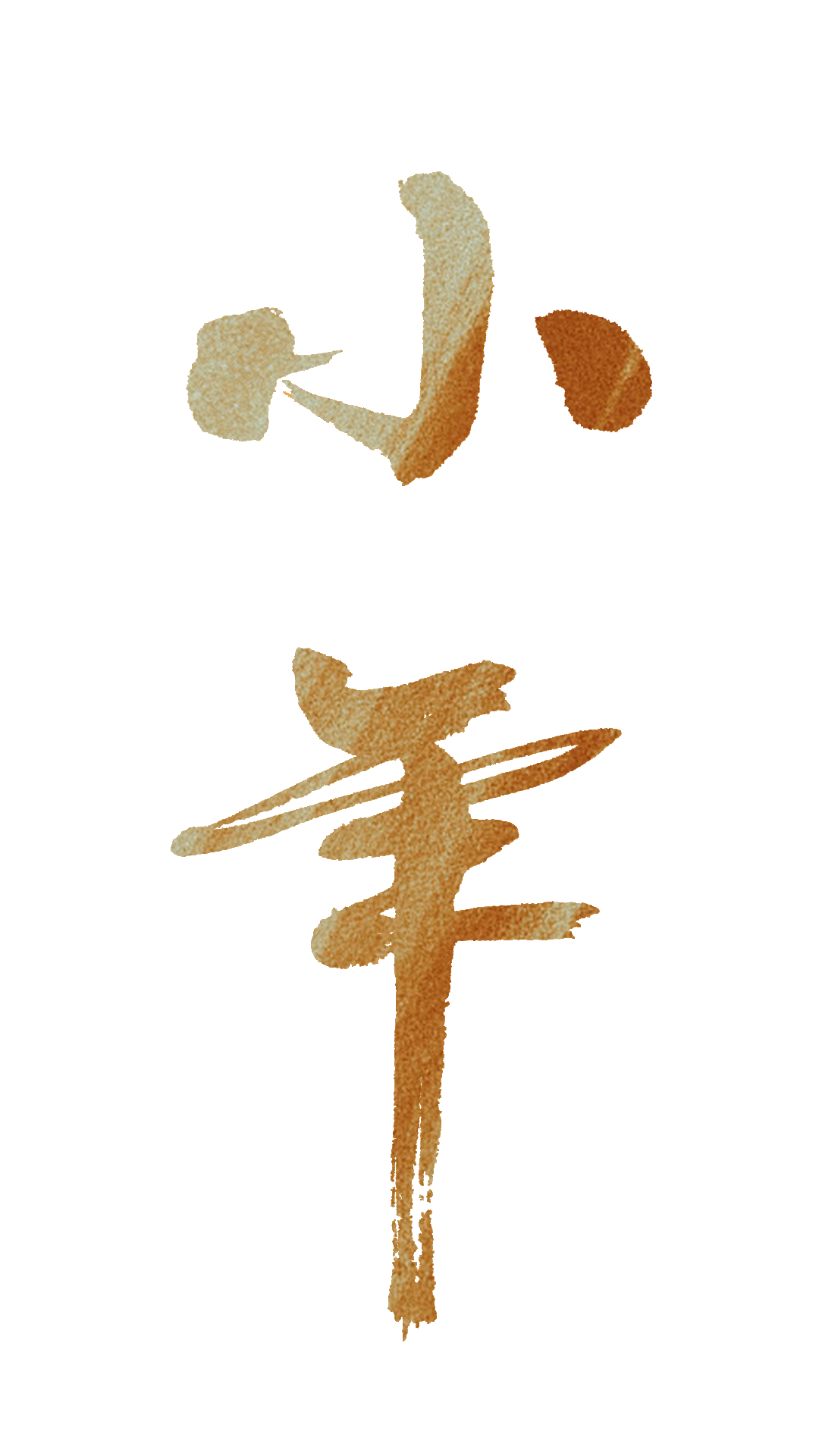
The currents of karmic forces in this world are turbulent and unrelenting, filled with whirlpools and waves. To transcend its pull requires not mere effort but profound and dedicated practice. While science has begun to theorise the existence of wormholes as pathways through time and space, creating a machine capable of traversing such pathways remains beyond our reach.
However, one who diligently follows the Buddhist path, aligning their life with the Dharma and entering into the meditative state of Samadhi, then wherever they go, they become the "Ender of Samsara,” embodying the potential to bring an end to the cycle of rebirth.
On the one hand, this world is engulfed in the roaring waves of karma; on the other hand, the world is filled with Buddhas and Bodhisattvas, who increasingly show compassion for the sentient beings caught in the sea of suffering. The enduring presence of Buddhism in this world is a testament to the compassion of the Buddhas and Bodhisattvas, leaving a mark of their mercy in the world, which is a blessing provided for humanity and all sentient beings.
We must, therefore, diligently accumulate the resources of merit and wisdom, understanding the immutable truth of karma: cause and effect are never false. By creating good causes and conditions, repenting for past transgressions, and correcting our own flaws, we align our lives with the Dharma and sow the seeds for liberation.
——三参法师
Venerable Master San Can
Namo Buddha
Namo Dharma
Namo Sangha


英文翻译:Iko&Matt(澳大利亚)
英文朗诵:Matt(澳大利亚)
